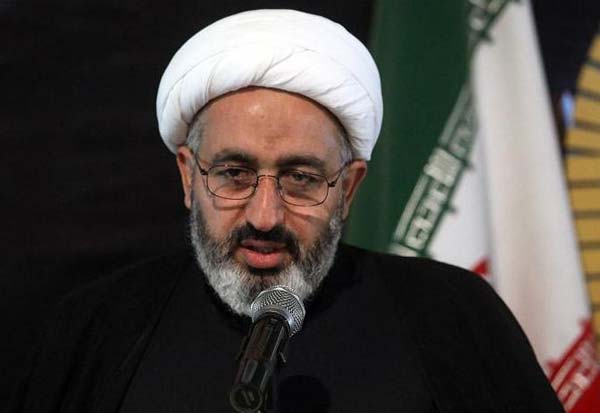
RNA – In an interview with News Agency, Hujjat al-Islam Dr. Abdolmajid Hakimelahi, the deputy of international relations at al-Mustafa International University, referred to the current situation and conflict in Indian-occupied Kashmir, calling it “a humanitarian situation which is far from a religious issue.”
He added that we should look at this conflict as a human concern and the killing of people and ignoring their requests should be condemned by all religions and it is necessary that the demands of the people and their inalienable rights be given their due attention.
The teacher in the Islamic Seminary of Qom said that the issue of Kashmir is deeply rooted and there are differences between Pakistan and India. “There are movements which are active in Kashmir, some of which call for the separation of Kashmir from India and joining Pakistan. This group is supported by the Pakistani forces and the Pakistani security services are giving many contributions to this group,” he explained.
Hujjat al-Islam Hakimelahi added that some extremist and Takfiri groups closely cooperate with Pakistan Takfiri groups and sometimes also participate in their violent acts. Other movements that are active in Kashmir seek the independence of the region and therefore, they announce their opposition to the government of India. Some of them are extremist and radical individuals, although there a number of average people who also follow such groups.
He stated that there is a third group, which instead of annexation to Pakistan and independence, have two basic demands – their first demand is based on the regulations and approval of the United Nations: they call for a popular referendum in Kashmir on who should govern Kashmir.
The Iranian scholar said their second demand is for Kashmiris to be given the equal rights that they are entitled to, meaning that in addition to sectarian and religious freedom, they call for the livelihoods and the economic situation of the Kashmiri people to be given their due attention so they can live like ordinary citizens in other Indian states.
Hujjat al-Islam Hakimelahi noted that the current conflict in Kashmir is highly complex, emphasizing that this war is not a sectarian or religious war between Shi’as and Sunnis as some propagandists state but the recently enflamed conflict is over the killing of Burhan Wani, a rebel leader, and the people’s demands for separation or independence.
“Naturally people took to the streets and protest against the killing of the leader of one of the opposition groups,” he added.
111/112